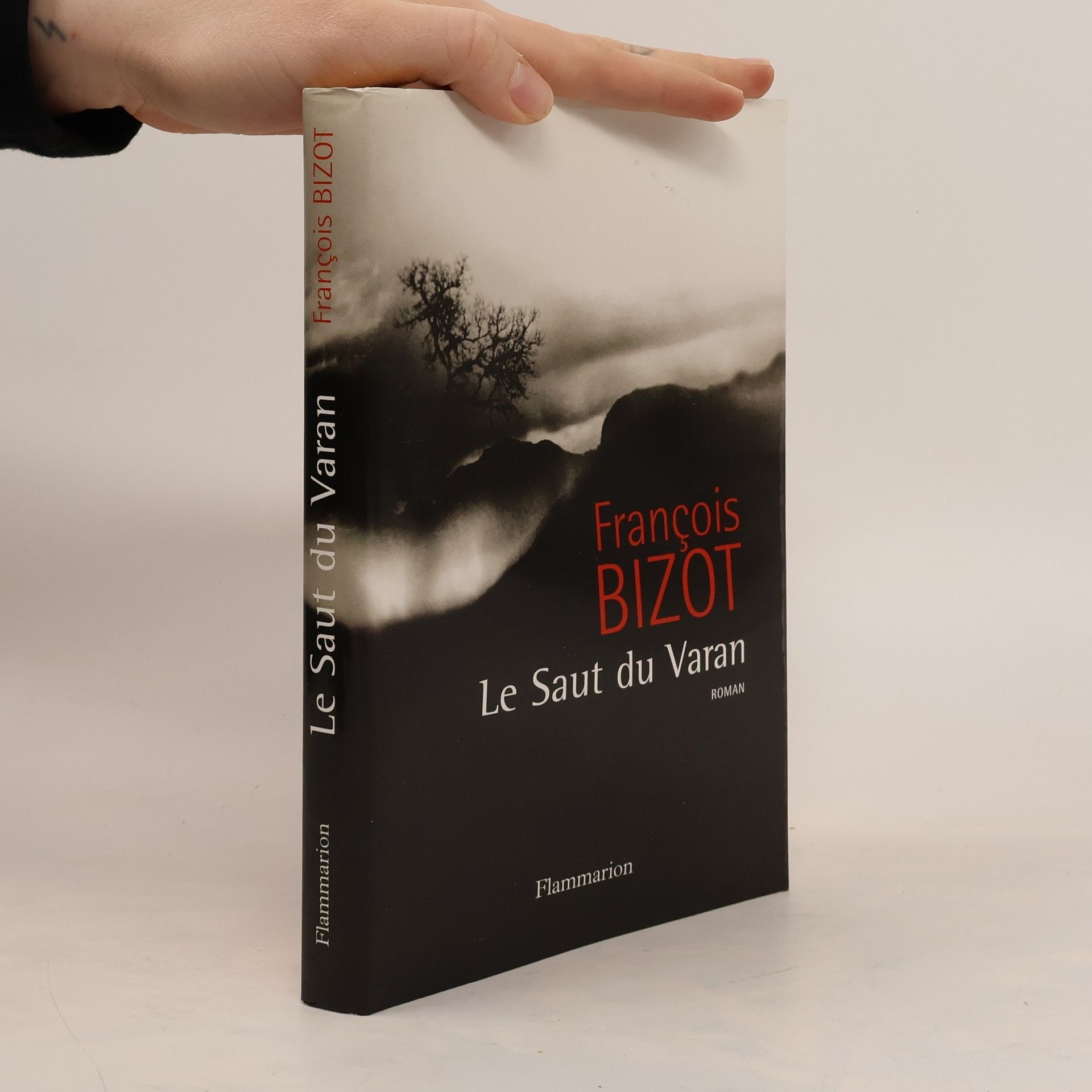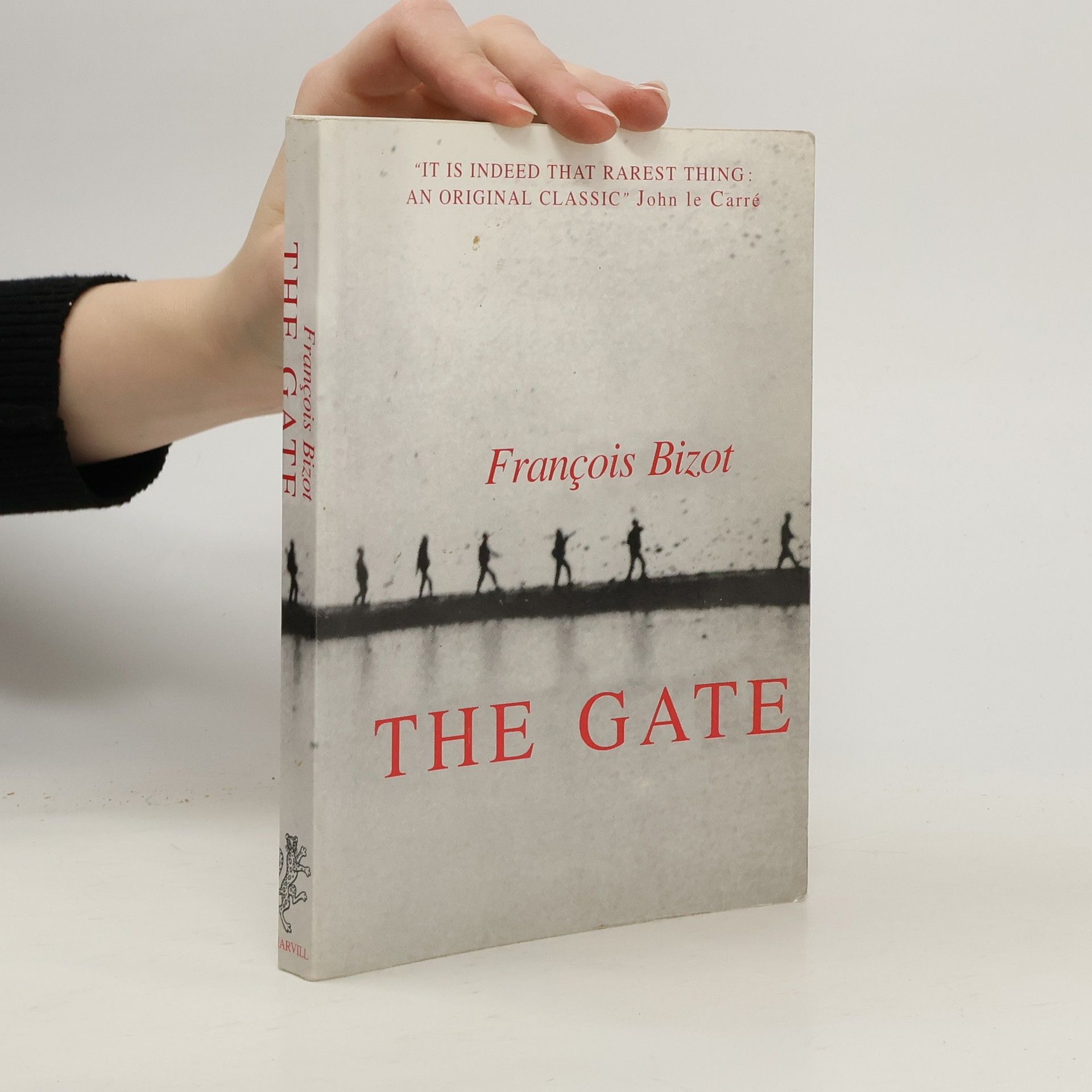Le Saut du Varan
- 297 pages
- 11 hours of reading
Phnom Penh, 1970. Au lendemain du coup d'État qui porte au pouvoir un gouvernement favorable aux Américains, un diplomate français rattrape la Cambodgienne qui lui a volé de l'argent et la ramène chez lui de force. Cinq mois plus tard, le corps de la jeune fille est retrouvé dans la brousse, au nord d'Angkor. Près d'elle, un plateau rituel destiné aux offrandes. Étrange affaire qui risque de prendre un tour politique et provoque la rencontre de deux hommes : Boni, l'inspecteur, dont le besoin de consolation est devenu insatiable, et Rénot, l'ethnologue, qui jouit de la vie sans culpabilité. Après Le portail, récit bouleversant de sa captivité dans les geôles cambodgiennes, François Bizot poursuit son exploration des grandeurs et misères de l'âme humaine. Il mêle les genres dans ce premier roman pour nous emporter au coeur des forêts immémoriales de l'arrière-pays khmer, là où subsistent de mystérieuses traditions, bientôt sous la menace des incursions khmères rouges et des Américains.

